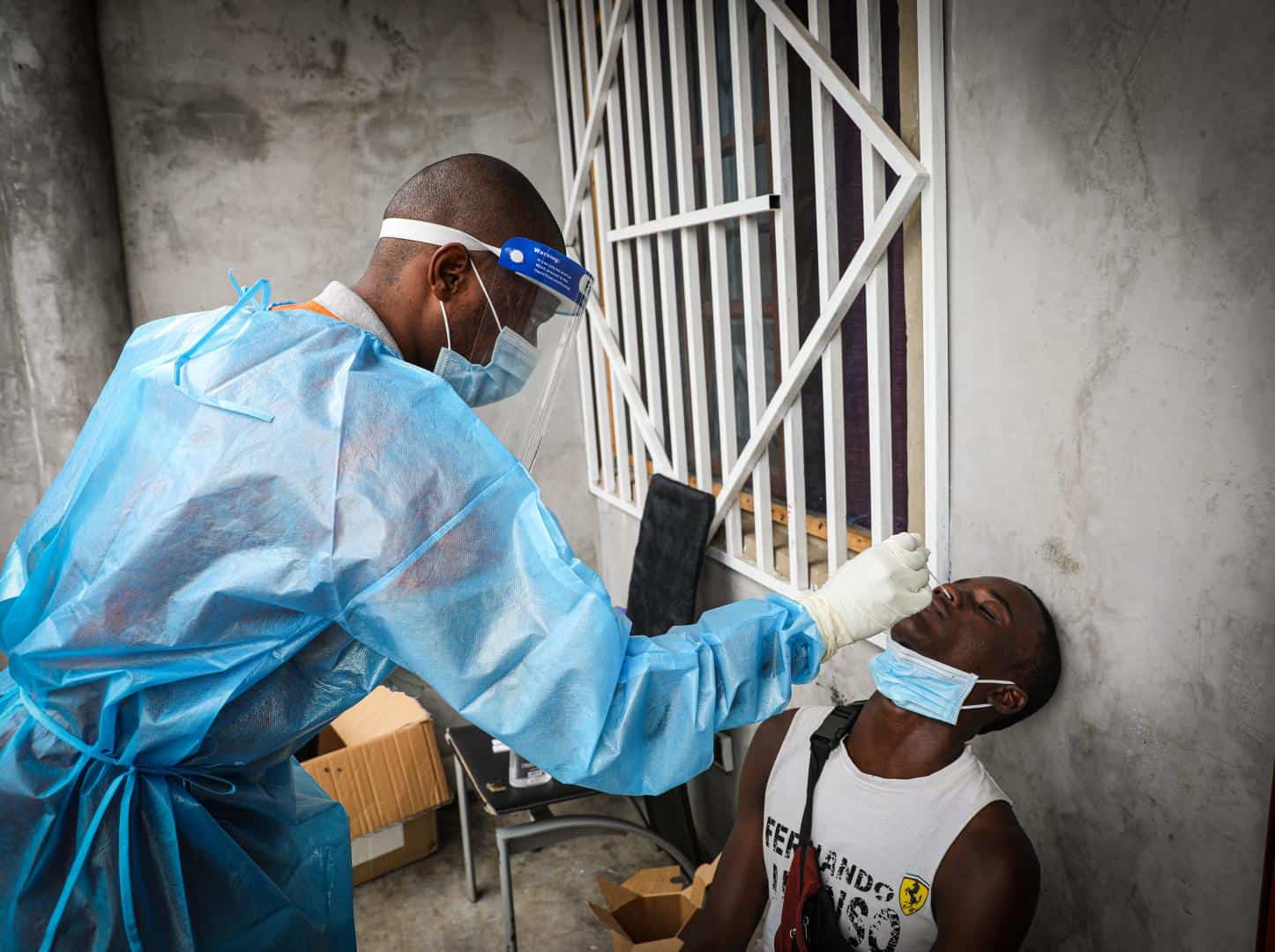After several weeks of declines, reported cases of COVID-19 are once again increasing globally, especially in parts of Asia, WHO Director-General Tedros Adhanom Gebreyesus told journalists in Geneva.
In the past week, the agency has seen an 8 per cent increase in detection of COVID-19 cases, with more than 11 million positive test results.
“These increases are occurring despite reductions in testing in some countries, which means the cases we are seeing are just the tip of the iceberg,” Tedros explained, warning that when cases tick up, so do deaths.
He added that continued local outbreaks and surges are to be expected, particularly in areas where measures to prevent transmission have been lifted, but that there are ‘unacceptably high’ levels of mortality in many countries, especially where vaccination levels are low among susceptible populations.
“Each country is facing a different situation with different challenges, but the pandemic is not over,” he reiterated.
A combination of factors
WHO’s Dr. Maria Van Kerkhove explained that a combination of factors is fueling the increase of cases worldwide, beginning with a more transmissible variant.
“We still have Omicron which is transmitting at a very intense level around the world. We have sub-lineages of Omicron BA.1 and BA.2. BA.2 is more transmissible, and this is the most transmissible variant we have seen of the SARS-COV2 virus to date,” she warned.
The COVID-19 Technical Lead informed that in the last 30 days of more than 400,000 sequences sampled, 99.9 percent are Omicron, and 75 percent correspond to the BA.2 variant.
The virus has ‘not settled down’
Meanwhile, Dr Mike Ryan, WHO’s Executive Director of the Health Emergencies Programme clarified that the virus has not ‘settled down’ into a purely seasonal or predictable pattern yet.
“So, the idea that ‘we are through with it’ in the northern hemisphere and now we have to wait until next winter, I think (for example) when we look at increasing rates in the UK, we need to be very vigilant and cautious with this”, he said.
The expert added that the virus is still ‘very fit’ and it’s moving around easily and in the context of waning immunity and vaccines not acting perfectly against infection, the virus will likely continue to echo around the world.
Vaccination and vigilance
Both doctors and WHO chief Tedros also spoke about the importance of vaccination pointing out that the majority of deaths remain amongst the unvaccinated, and older individuals and people with underlying conditions who have not received the full course of effective vaccines.
“We need to reinstate the importance of vaccination in every country. This is not just a North-South issue. Every country needs to look again at vaccination levels on the most vulnerable whether using booster policies or not and ensure that at the very minimum every individual who is vulnerable has two doses of effective vaccines,” Dr. Ryan urged.

